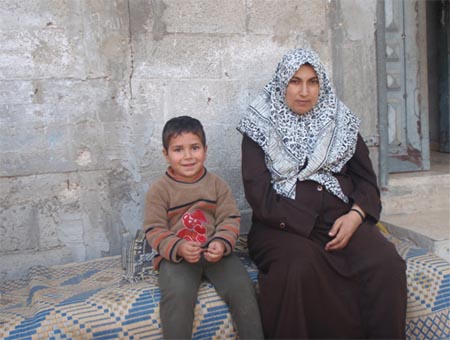Tag: Beit Lahiya
-
Two Palestinian fishermen arrested in Gaza waters and their boat confiscated
28th May 2013 | International Solidarity Movement, Gaza Team | Gaza, Occupied Palestine Mahmoud Mohammed Zayed, 25, and his brother Khaled, 24, are two young fishermen of Gaza. At about 9pm on Sunday, May 19th 2013, they were fishing on their small rowing boat in the waters north of the Gaza Strip, in front of…
-
The broken truce
21 January 2013 | GazaStories, Beit Lahiya, Gaza Strip, Occupied Palestine A ceasefire was announced on 21st November, ending eight days of horrific bloodshed in Gaza. Has the delicate truce held over the past two months? It depends who you ask. Israelis or Gazans, each going about their daily lives on opposite sides of a…
-
17 January 2009 – The Al Ashqar family
17 January 2012 | Palestinian Centre for Human Rights “Madleen refuses to sleep by herself; she will only sleep in her parent’s room” says Nujoud, “she’s afraid to be by herself at all. The other day we were in the garden and I asked her to go to the bedroom to bring something. She refused…

